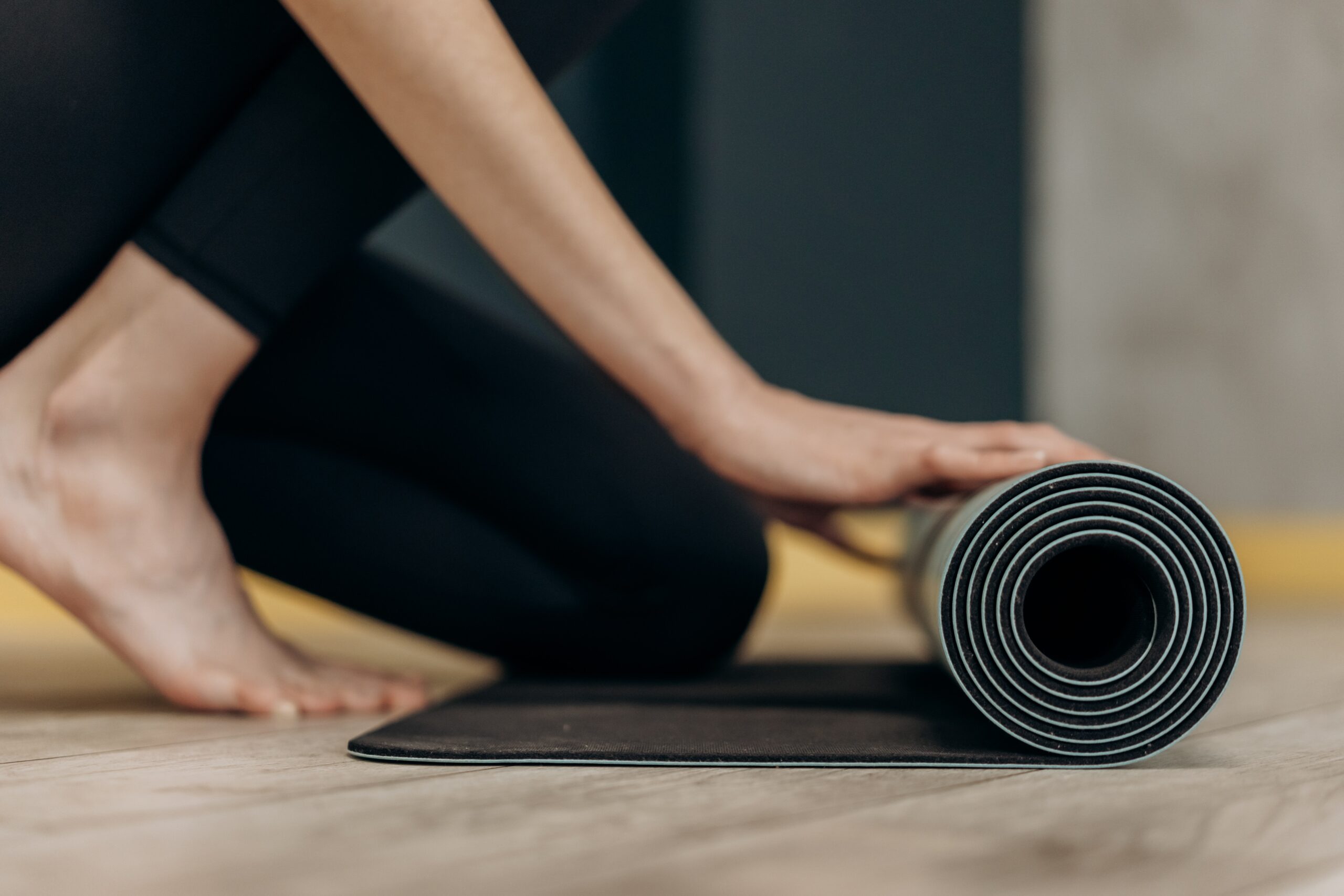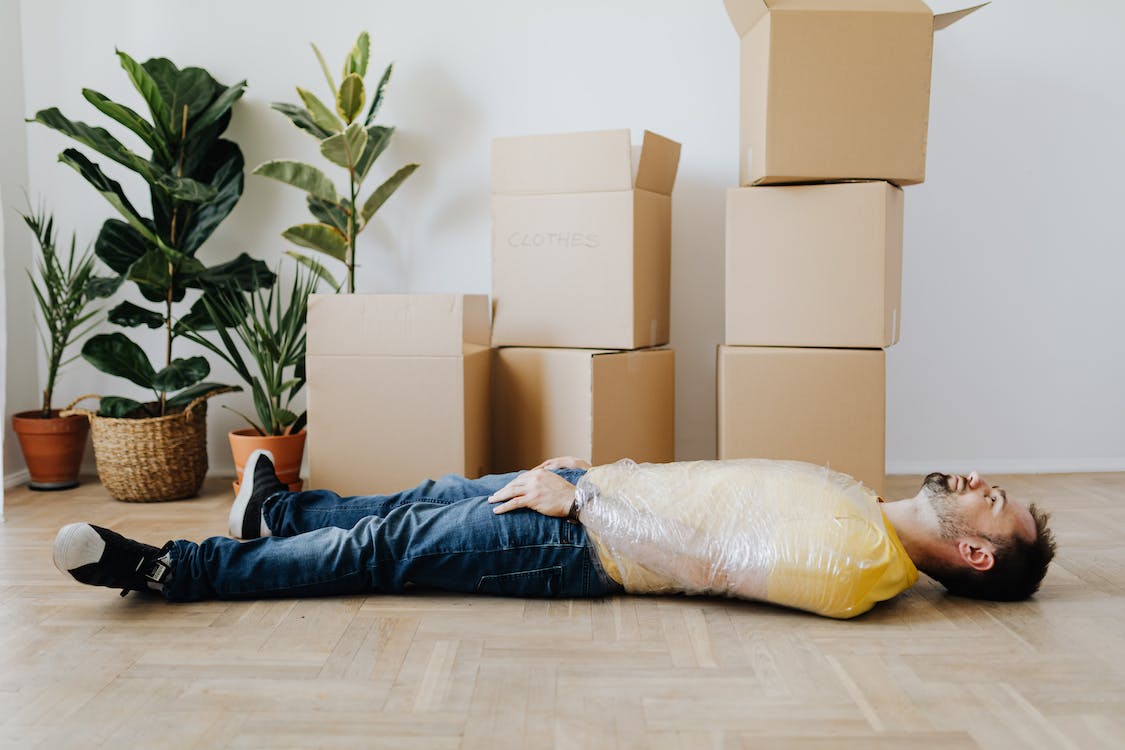Caffeine Causing Nausea | Why does Caffeine cause nausea | Learn How to get rid of side-effects of Caffeine.
Well our major population love caffeine but in some caffeine causing nausea is common. No doubt, caffeine has a strong stimulating effect on the central nervous system. Generally, the center that regulates the heart, secondly muscles and blood pressure, typically making us more alert and feel more energetic.
That’s why so many people use caffeine to help prevent fatigue, importantly get through a busy day. Also to increase focus and productivity, or just wake up in the morning. Anyhow, caffeine has a lot of desires, but unfortunately there is a price. Caffeine’s unwanted side effects often occur like caffeine causing nausea and consumed a lot. Do you ever feel caffeine causing nausea in yourself?
Because of the fear of fear, many people suffer from impressive nausea caffeine, especially sensitive camouflage.
Why does caffeine cause nausea?
Excessive stomach acid
Typically, caffeine stimulates digestion, usually making it work faster and producing more stomach acid than necessary. An empty stomach has nothing to absorb these acids, which can merely cause nausea, also stomach pain and bloating.
Alternately, caffeine also increases the chance of acid reflux or heartburn because it relaxes the lower esophageal sphincter. Commonly, the ring of muscle that separates the esophagus from the stomach. If it doesn’t close properly, then stomach acid can leak into the esophagus, primarily results in caffeine causing nausea and rarely heartburn.
Diuretic
Regular coffee drinkers know the laxative effects of caffeine (you might not want to share this side effect!). More often a few sips of coffee are diuretic, so you can go to the bathroom right away.
This stimulates the removal of water from the body, moving it from the bloodstream into the digestive system so it can be excreted. Drinking too much of a diuretic, such as coffee, can ultimately cause nausea and diarrhea.
Additional ingredients
Most caffeinated beverages, such as coffee and energy drinks, typically combined with sugar, artificial sweeteners or milk can cause nausea. Hence these ingredients thoroughly results in caffeine causing nausea in you. However, if you feel nauseous after drinking sweet coffee with milk, truly you may be lactose intolerant or eating too much sugar.
Artificial sweeteners are particularly bad for your stomach because they can disrupt the delicate gut microbiome. Likely promote the growth of harmful bacteria that can usually cause gastrointestinal problems.
Caffeine Sensitivity and Nausea
Some people are sensitive to the anxiety-increasing effects of caffeine, while others are sensitive to caffeine-induced insomnia or sleep problems. People with anxiety or panic disorder may experience symptoms that worsen after consuming caffeine. Although some researchers suggest that the cause of caffeine sensitivity may lie in the receptors or metabolism that caffeine binds to. For example, some people metabolize caffeine slowly and however this means your body takes longer to get rid of caffeine.
Many people however get sensitive to the long-term effects of caffeine. As caffeine usually causes a temporary increase in blood pressure, which eventually disappears with repeated consumption. Nonetheless, in people who are sensitive to caffeine, mainly blood pressure may continue to rise. Several factors can contribute to differences in caffeine sensitivity from one person to another. These factors include:
- Genetics
- Age
- Sex
- Consumption of other drugs
- Circadian factor
- Sleep hygiene
People sensitive to caffeine may experience nervousness, and jitters when consuming it. So caffeine causing nausea is may be also due to caffeine sensitivity. For people who are sensitive to caffeine, consuming small amounts can cause side effects that many people experience with higher doses. High doses of caffeine can cause:
- Disease
- Voltage
- Trembling
- Nervousness
Heavy coffee drinkers may also experience the following conditions:
- Obscurity
- Fast heart rate
- Headache
- Increase in blood pressure
How to get rid of side-effects of caffeine
Despite the negative side effects of caffeine, significantly caffeine is still an essential substance for over 80% of the world’s population. Fortunately, there are ways to minimize these effects while still enjoying the benefits of caffeine. Additionally, caffeine causing nausea can be fixed through these ways.
Don’t forget to eat
As mentioned above, consuming caffeine on an empty stomach increases the risk of nausea. To avoid this, drink coffee or other caffeinated products before drinking to avoid sunburn.
Are you feeling alright! Regardless, protein-rich foods are good because they help slow digestion and reduce nausea.
Drink lots of water
Small amounts of caffeine do not cause dehydration, but they still act as a diuretic, removing water and important electrolytes from the body. Drinking plenty of water helps replenish lost fluids and dilute stomach acid to reduce its harmful effects and conserve electrolytes.
Have black coffee
If you get your daily dose of caffeine through sweet coffee and milk, but feel nauseous afterward. Then you may want to reconsider your choice. Try to drink black coffee and cut out sugar. They might not taste as good, but they won’t cause acid reflux either!
Take less Caffeine
Virtually, it may seem obvious, but if you’re experiencing the side effects of caffeine, frankly it may be time to consider taking it. The more caffeine you consume, the more likely you are to feel nauseous. It’s simple!
Decide how much you can eat before you get sick. For some, it might be a cup of coffee while it may be 4 for others. Swapping or rotating your coffee with another hot drink, such as herbal tea. Verily, it can help reduce your intake while increasing your fluid intake.
Conclusion
To sum up caffeine causing nausea, caffeine is a popular substance around the world due to its positive effects. Especially on mood, energy, concentration and performance. Nevertheless, it often has many unwanted side effects, such as nausea. Instead caffeine acts as a diuretic and can effectively cause nausea by stimulating the production of excess stomach acid. Likewise which can leak into the esophagus and cause acid reflux.
Caffeinated products often have added sugar or milk to increase nausea. Particularly to reduce the risk of caffeine side effects, always fill your stomach before consuming, drink plenty of water. Further avoid milk and sugar, or choose a caffeine supplement with far fewer side effects.




